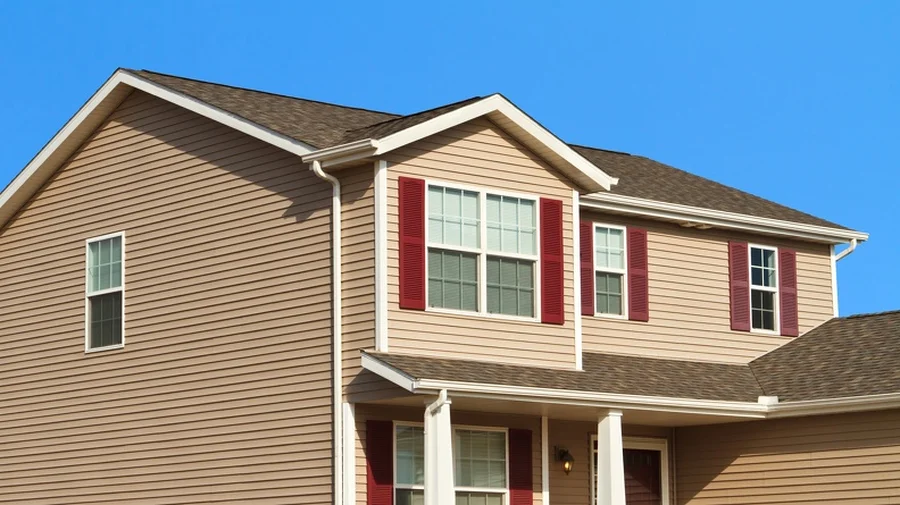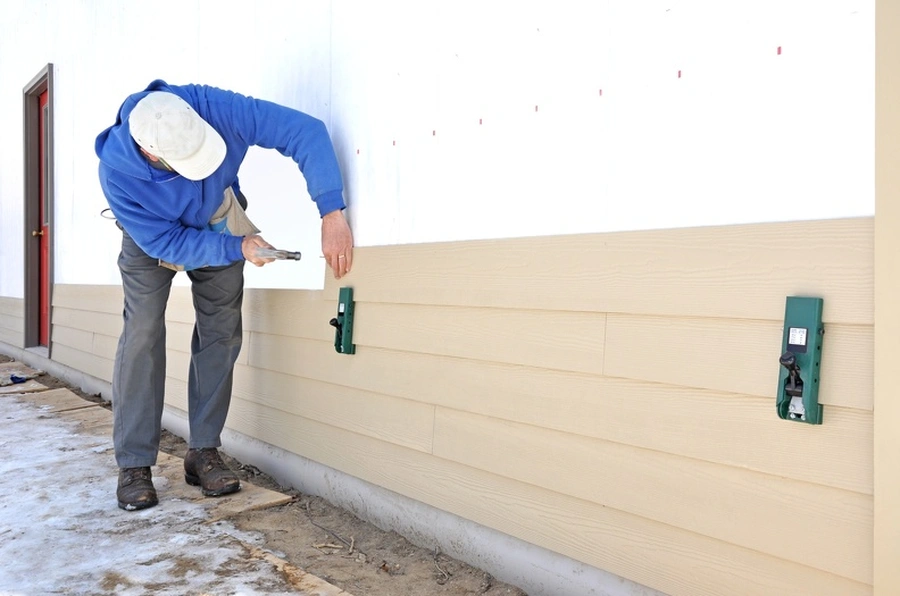The Impact of Siding Choices on Your Home’s Energy Use
Choosing the right siding material for your home can significantly influence its energy efficiency. Different materials have varying effects on how a home retains or loses heat, impacting both comfort and utility bills. This discussion aims to explore how siding materials contribute to energy savings by examining their insulative properties, maintenance needs, and durability.

The Role of Insulation in Energy Efficiency
Insulation plays a crucial role in determining how well a home maintains its temperature. Certain siding materials come with better insulating properties than others. For instance, insulated vinyl siding has added foam that boosts its ability to prevent heat transfer, keeping homes warmer in winter and cooler in summer. This not only enhances comfort but also reduces reliance on heating and cooling systems.
Benefits of Using Energy-Efficient Siding
There are several advantages to using energy-efficient siding materials. Firstly, they help lower energy bills by reducing the need for heating and cooling. Secondly, they provide better temperature regulation throughout the year. Finally, investing in quality siding may increase your home’s market value due to improved energy performance.

- Lower energy bills
- Improved indoor temperature regulation
- Increased property value
Common Challenges When Choosing Siding
Homeowners often encounter challenges when selecting siding materials. One major concern is the initial cost associated with more efficient options like fiber cement or wood siding. While these choices might seem expensive upfront, their long-term benefits often outweigh the costs. Additionally, factors such as climate and home architecture can complicate decision-making.
Siding Installation and Its Effects
The process of siding installation is crucial for maximizing energy efficiency. Proper installation ensures that no gaps or leaks allow air to escape, maintaining insulation effectiveness. Incorrectly installed siding can lead to thermal bridging, where unwanted heat transfer occurs. Therefore, hiring experienced professionals is vital for optimal results.
Exploring Alternative Siding Options
Beyond traditional materials, there are alternative siding options worth considering. For example, metal siding offers durability with minimal maintenance, while modern composite siding provides enhanced insulation properties. These alternatives often come with unique benefits tailored to specific homeowner preferences and environmental conditions.
Factors Influencing Siding Costs
Several factors influence the cost of siding installation. The type of material chosen is a significant determinant; premium materials tend to be pricier. Labor costs vary depending on local rates and the complexity of the project. Moreover, additional features like custom designs can impact overall expenses.
Tips for Maintaining Energy-Efficient Siding
Maintaining your siding effectively prolongs its life and sustains its energy efficiency. Regular cleaning prevents dirt buildup that can affect performance. Inspecting for damage periodically allows for timely repairs, ensuring that insulation remains intact. Investing in quality materials from the outset reduces maintenance frequency and extends longevity.
Your Path to an Energy-Efficient Home
If you’re looking to enhance your home’s energy efficiency through better siding choices, our team at DAEL Remodeling is ready to help. We provide expert advice and skilled services in Murfreesboro, TN, ensuring your home remains comfortable all year round. Contact us today at (615) 631-6152 for more information on how we can assist you.